
How to Protect Your Personal Information

Illustration: Joel Kimmel
 Criminal “phishing” attacks are increasingly common and sophisticated. To steal our identities and financial assets, fraudsters want us to give up personally identifiable information (PII) such as Social Security numbers, driver’s license numbers and credit-card numbers. Brandon Seymore, a Bucknell network engineer/information security analyst, explains how to keep our personal information safe.
Criminal “phishing” attacks are increasingly common and sophisticated. To steal our identities and financial assets, fraudsters want us to give up personally identifiable information (PII) such as Social Security numbers, driver’s license numbers and credit-card numbers. Brandon Seymore, a Bucknell network engineer/information security analyst, explains how to keep our personal information safe.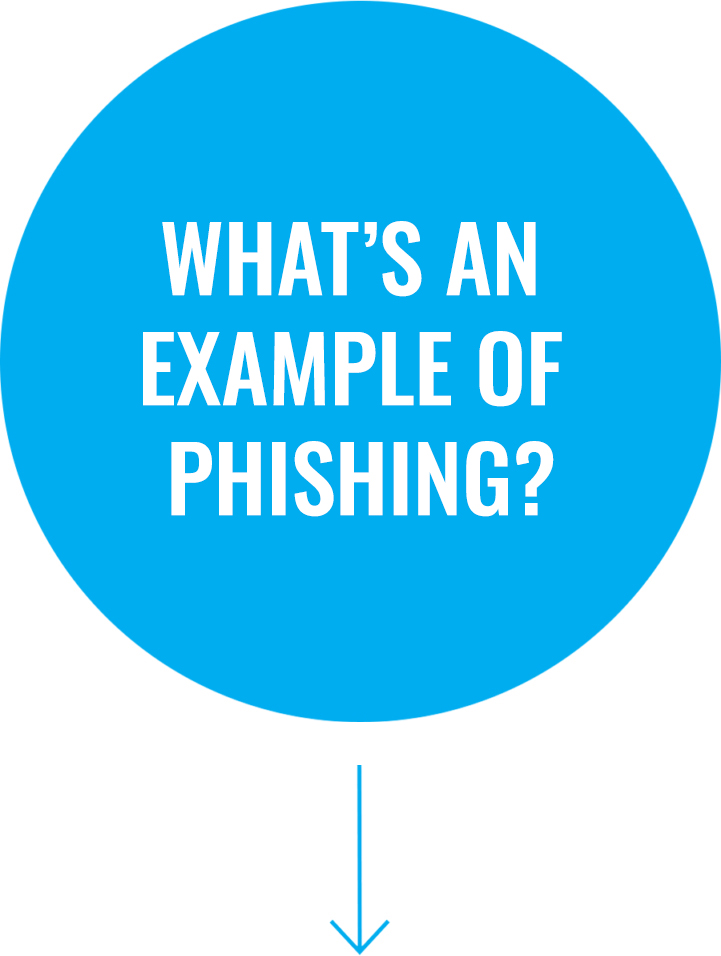
You get a call you weren’t expecting to schedule an appointment for a COVID-19 vaccination. You are asked to provide your name, address, birth date and Social Security number to verify your identity. No legitimate authority would request that information in a cold call or unencrypted email. Be wary of any unsolicited email or phone call asking you for PII.
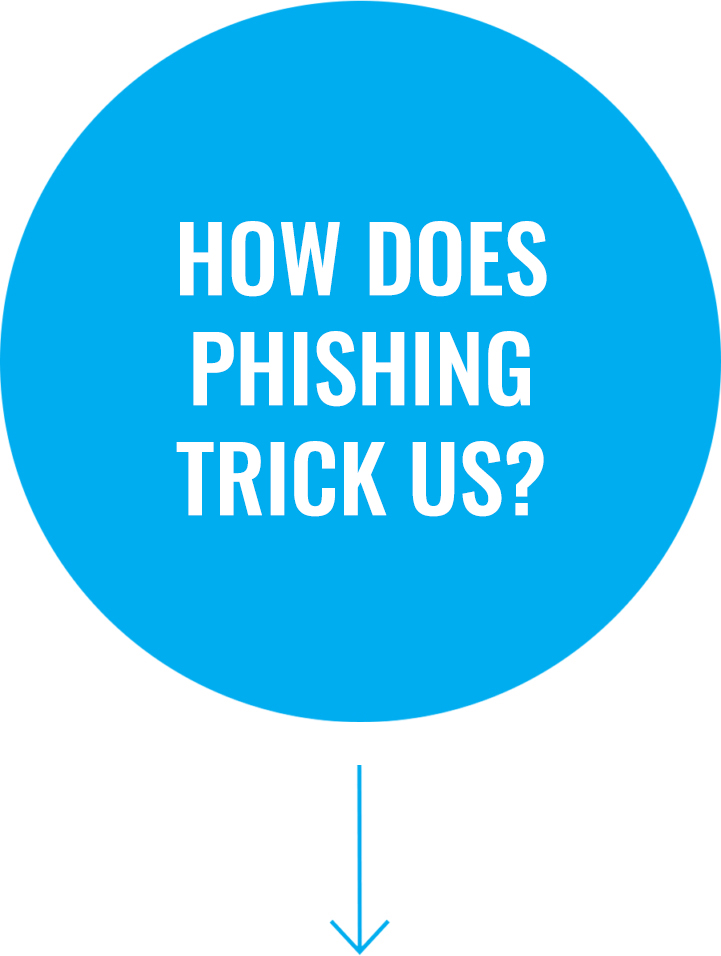
Criminals often pose as legitimate organizations and use the cover of legitimate events such as unemployment claims, economic stimulus checks and COVID-19 vaccinations to acquire our information.
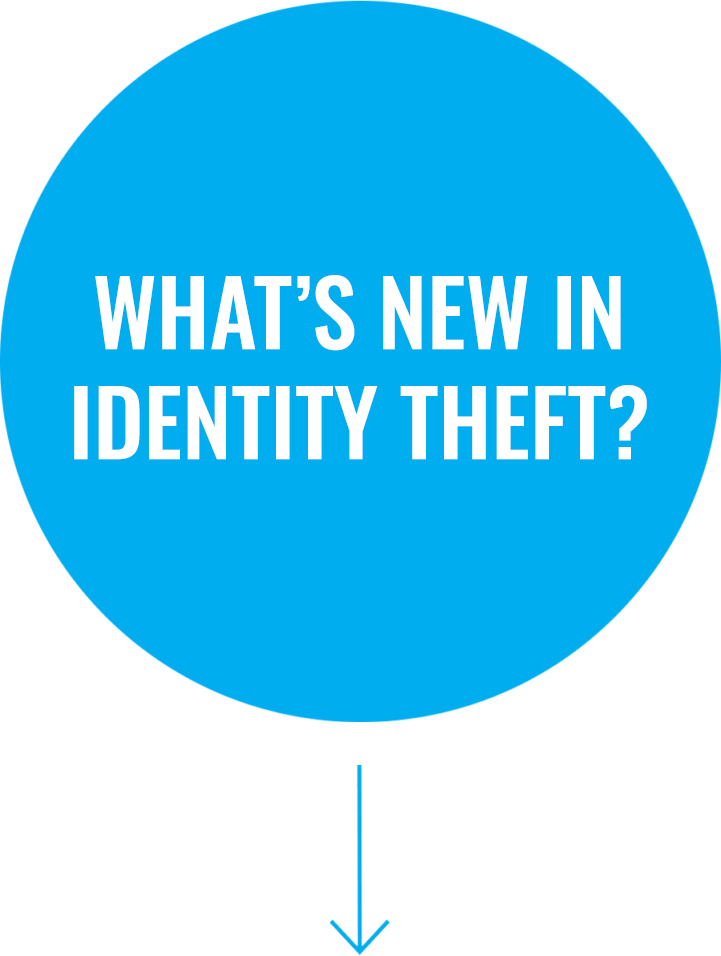
Lately, criminals have been filing for unemployment with stolen names and Social Security numbers. They will also try to alter the address for an unemployment check, so it is shipped to them instead of the person whose identity has been stolen. If you get an unemployment check or debit card and didn’t file for it, report it to your employer’s HR department immediately.
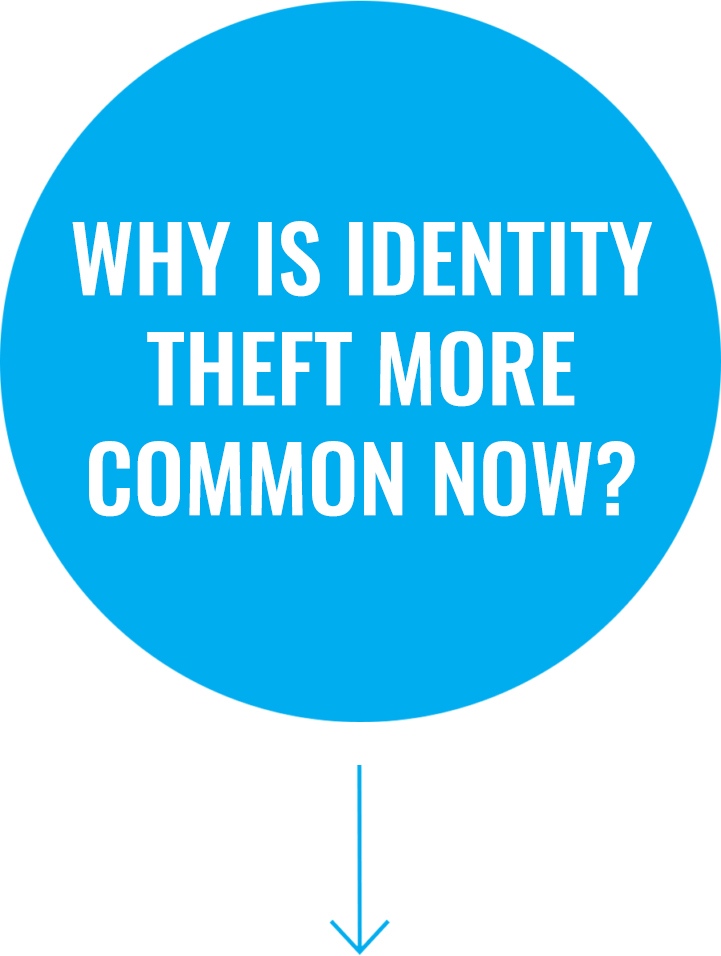
Thieves have compromised major credit-service data systems. Criminals can put a bulk data file on the dark web for sale. The highest bidder can acquire and use that data for fraud, and then the file can be sold again and again.
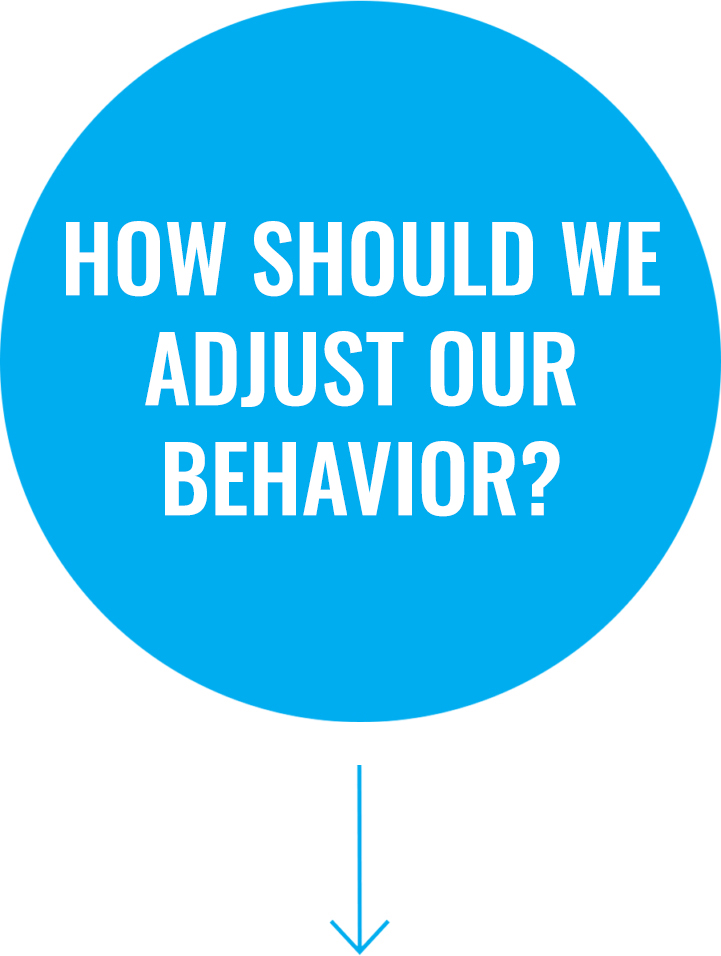
Remain vigilant. We can get into trouble when we’re distracted or too trusting. Whenever your PII is involved, pause and consider whether the information you are being asked to provide is necessary and within a legitimate context.